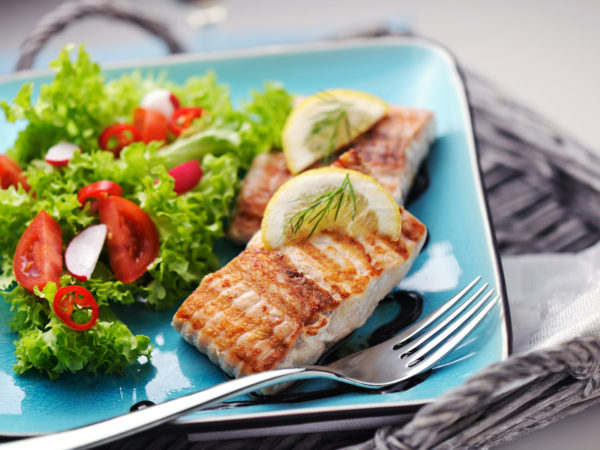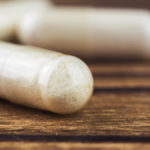Fending Off Pseudogout?
I have pseudogout and haven’t been able to find information about dietary or nutritional help to manage this condition. Should I stop eating dairy products? Are there supplements I can take?
Andrew Weil, M.D. | January 13, 2021

Pseudogout is a painful, arthritic condition that occurs when calcium pyrophosphate dehydrate crystals are deposited in a joint. Virtually any joint can be involved, but knees, wrists, and hands are most common. The disorder is also referred to as CPPD (for calcium pyrophosphate dihydrate) or chondrocalcinosis. Attacks may occur as often as once every few weeks to less than once a year, and over time may involve more severe symptoms and last longer. Pseudogout usually occurs in adults over the age of 60.
In true gout, the problem is uric acid crystals deposited in joints, especially in the big toe, causing painful swelling. True gout is a metabolic problem and usually can be brought under control with dietary measures or specific drugs. In pseudogout, the calcium crystal deposits create inflammation, with resulting pain and swelling, and over time can weaken the cartilage causing it to degenerate. No one knows why the crystals form. The problem may be inherited or due to various enzyme deficiencies. Pseudogout is associated with thyroid and parathyroid disorders. It is not believed to be directly influenced by diet.
The drugs recommended for treatment of pseudogout are intended to suppress inflammation and halt the progression of joint disease. Oral anti-inflammatory drugs (non-steroidal anti-inflammatory drugs such as ibuprofen) often are used, as are corticosteroid injections into affected joints.
To cope with pseudogout I recommend changing your diet to eliminate foods that favor inflammation. These include polyunsaturated vegetable oils, and all sources of trans-fatty acids, such as margarine and partially hydrogenated vegetable oils. Instead, emphasize foods containing omega-3 fatty acids, found in sardines, wild Alaskan salmon and other oily fish and flaxseeds. I also suggest moving toward a plant-based diet providing lots of antioxidant-rich fruits and vegetables. For insurance, take an antioxidant vitamin and mineral supplement daily. There’s no need to eliminate dairy products unless you have other reasons to do so. Drink plenty of water to increase your urinary output and try to get the right type and amount of exercise to keep your joints happy.
Andrew Weil, M.D.
Source:
Anthony Sidari and Erica Hill, “Diagnosis and Treatment of Gout and Pseudogout for Everyday Practice,” Rheumotismo, January 19, 2012, DOI: 10.1016/j.pop.2018.02.004











